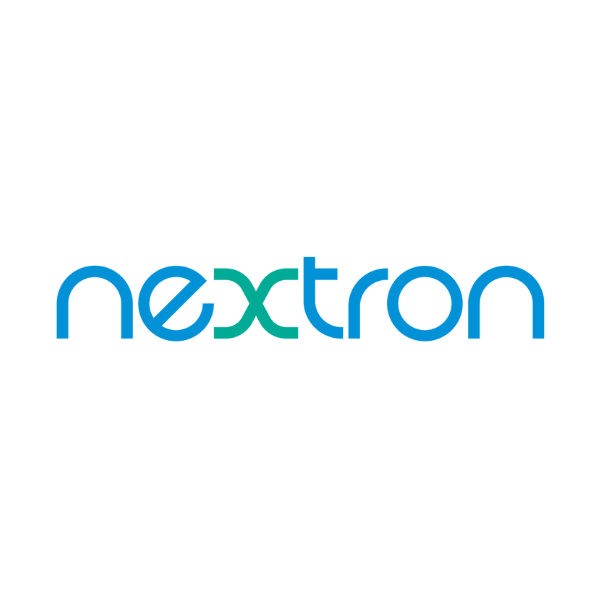Dive Brief:
- HHS Deputy Secretary Eric Hargan told U.S. lawmakers on Tuesday the Stark law on physician self-referral is preventing doctors from participating in integrated delivery models and alternative payment arrangements that would improve care outcomes and reduce costs. HHS is “open-minded” about what types of changes might be needed in the regulation, Hargan told lawmakers.
- Medical device industry group AdvaMed said the anti-kickback statute also limits the ability of manufacturers to improve care coordination and accountability through new partnerships with providers and hospitals.
- Two former HHS secretaries from both parties, Kathleen Sebelius and Tommy Thompson also weighed in, arguing that the Stark law and associated anti-kickback laws designed to prevent fraud and abuse in the fee-for-service era now create roadblocks to more coordinated patient care, in an opinion piece in The Hill.
Dive Insight:
As the House Ways and Means Health Subcommittee looks at modernizing the 1989 physician self-referral regulation known as the Stark law, a chorus of healthcare industry voices is calling for an overhaul that would improve coordination of patient services as part of the shift toward value-based care.
The law banned physicians from referring patients for services at any entity in which the doctor or an immediate family member has a financial relationship. Some now view the law and associated anti-kickback statutes as a well-intentioned effort to curb financial incentives for referrals that has become a barrier to adoption of new care and payment models as the U.S. healthcare system transitions away from fee-for-service.
“Stark and anti-kickback laws are a remnant of the fee-for-service world and harm the very patients they are supposed to protect by deterring more comprehensive patient-centered, coordinated care,” Sebelius, HHS secretary under President Barack Obama, and Thompson, who served under President George W. Bush, wrote.
AdvaMed urged Congress to look broader than the Stark law.
"We urge members of Congress to also look at modernizing the Anti-Kickback Statute (AKS), which also limits the ability of manufacturers to improve care coordination and accountability through new partnerships with providers and hospitals," the group wrote.
The Alliance for Integrity in Medicare, a coalition of laboratory, radiation oncology and medical imaging groups, said ongoing inappropriate self-referral by providers, particularly for diagnostic imaging, anatomic pathology, physical therapy and radiation therapy, is driving up healthcare costs.
Self-referral “in its current form only bolsters the continuation of questionable utilization patterns of these services in fee-for-service Medicare and conflicts with the goals of coordinated care and value-based payment models, which Medicare will not successfully transition to if overutilization continues to be incentivized,” the group said.
The risk of overusing services is largely eliminated in new value-based models where physicians are paid on value and not by volume, Advocate Aurora Health Chief Integration Officer Michael Lappin said in testimony prepared for the subcommittee hearing.
Lappin said Advocate Aurora, a not-for-profit, integrated system with a large accountable care organization, is fully committed to the new value-based payment paradigm, but its success has been hampered by regulatory barriers including costs to document compliance with Stark requirements.
“The law’s strict liability regime and potential for massive penalties is a major reason for an overly cautious approach. Even with regulatory exceptions and guidance, the law has an extremely broad prohibition on physician referrals that prevents us from considering many types of value-based arrangements because we would not want to run the risk of facing enormous penalties,” Lappin said.
The American Hospital Association also has been vocal in pushing for changes to the physician self-referral law, urging Congress to step in to change the law to allow hospitals and physicians to more closely work together.












